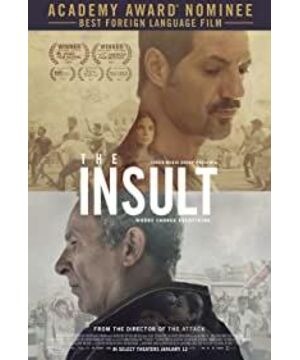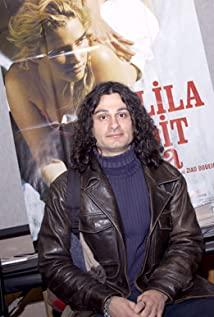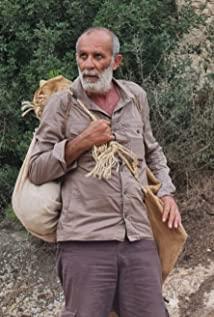good movie. Heavy yet gentle uncovers how people should deal with humiliation and hatred.
"The debate that takes place in this courtroom is a beginning of compassion and reflection on the suffering of others" - what the lawyer said at 1 hour and 43 minutes of the film is the central theme of the entire film.
It has to be said that the subject of humiliation has been analyzed and dug deeply. Personal level: The suffering is over, but the wounds in the heart may never heal. And in the future, if you touch the slightest bit, the old injury will recur. Behind the humiliation are hurt emotions, an unknown past, and painful memories. The process of conflict escalation is also a necessary healing process. Some suffering must be spoken, even if it is not known, just as a wound that draws out pus and blood heals better. A series of dramatic events triggered by a drain may appear to be an expansion of the conflict on the surface, but behind it is actually a minefield where both sides have stepped on the other side. When memories and scars that we don’t want to touch surfaced, we were able to reconcile with the past seriously.
National level: It is easy for a country to shake hands and look to the future. A very impressive sentence is: to be sincere or to be stable. I used to think that sincerity was the best cornerstone of any conflict resolution. Sincere reconciliation is also self-purification and biochemical. Anger turns into kindness, narrowness turns into tolerance. One more understanding, and one more opening. However, it is clear that stability is the most important thing for the country. Hatred may only be slowly resolved by the individual through the hand of time. It is thought provoking that Palestinians who have suffered more seem to receive more political attention and sympathy, while some Lebanese injuries are unknown or ignored.
The most touching and warm place in the film: one is Salamah (Palestine), who is reluctant to repeat the words that hurt his dignity even if he is facing prison. During the whole process of the defendant, he was also unwilling to win the case and reveal the privacy of others. He is courageous and principled. At the end of the film, after listening to what happened to Hannah (Lebanon) as a child, and the crimes that the Palestinian rebels had committed, he deliberately came to Hannah's garage at night, angered him, asked Hannah to punch him back, and Say sorry to him, and the hatred and pain between the two sides will be evened out. And Hanna, after failing to settle out of court, encountered Salamah's car that broke down and helped him fix it. When the court acquitted Salah, his face was calm with a faint smile. This is true forgiveness. The change in the lawyer's attitude at the end is also very interesting. He must have learned to sympathize with the suffering of others in this lawsuit.
How to deal with humiliation and hatred: No one can dictate what we should and should not suffer. Face your pain. Compassion for the pain of others.
View more about The Insult reviews











